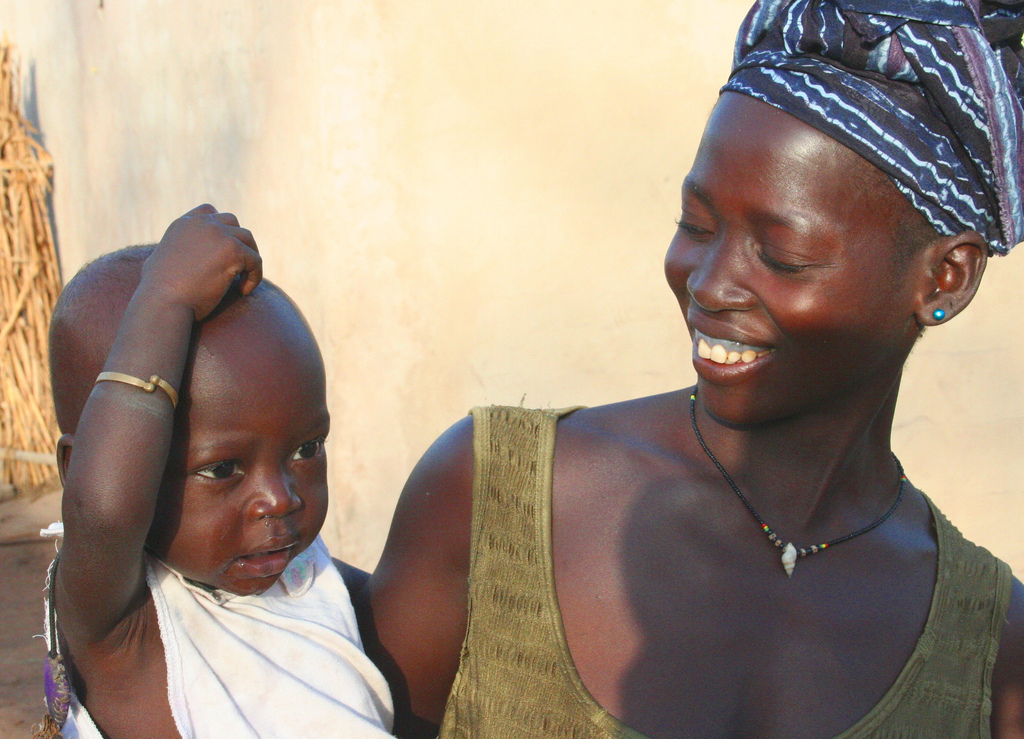GOVERNMENTS and international organisations have recognised that the vast majority of maternal deaths throughout the world are preventable, yet today, one woman dies every minute due to complications during pregnancy and childbirth. Improvements in maternal health are linked to the realisation of sexual and reproductive rights, promotion of gender equality, eradication of retrograde and androcentric systems and the general empowerment of women. Research shows that as many as 74% of maternal deaths could be averted if all women had access to services that prevent or treat pregnancy and birth-related complications. There is no doubt that the staggering number of maternal deaths can be easily reduced, but first, women’s rights need to appear on the political agenda.
At the core of maternal mortality lies deep-rooted, institutional and insidious discrimination against women and girls worldwide. Women with the highest risk of maternal deaths are consistently the poor, young and least educated. Despite 99% of maternal deaths occurring in developing countries, a disproportionate amount of resources are provided for the most affluent sectors of those societies. In Chad, for instance, a mere 1% of the poorest women are attended by a skilled health professional during their delivery, compared to 48% of the wealthiest women. Poverty remains a key factor in preventing maternal deaths, and prohibitive costs of medical care are an obstacle to accessing reproductive health services.
Culturally Denied
Sadly, racial issues also play an important role. In the United States, African-American women are nearly four times more likely to die during pregnancy than white women; an inequality that has not changed for the past 20 years. Indigenous women in Peru often face racial prejudice in health centres, where they are denied the request to give birth in an optimal vertical position. A majority of Peruvian health workers are unable to speak indigenous languages, increasing the risk of inaccurate medical diagnoses.
In many cultures, a woman’s low social status and submission to her husband or male relatives means that the decision to use contraception, frequent family planning services, or visit a health facility, is out of her hands. An estimated 200 million women worldwide are unable to access contraceptives, despite family planning being one of the most cost-effective and simplest means of preventing maternal deaths. In Burkina Faso, the resistance to contraception is entrenched in the belief that women exist in order to both please their husbands and produce many children. The oppression of women and the continuation of certain traditional practices – including the levirate, where widows are forced into marriage with their deceased husband’s brother, as well as underage marriage and female genital mutilation – are culturally ingrained.
Preventing Progress
There is a stigma attached to sexual and reproductive health, propagated by rooted beliefs and customs. In rural areas in Sierra Leone, for instance, it is widely thought that obstructed labour is caused by a woman’s adulterous behaviour. There are innumerable cases where valuable time and resources have been wasted in an attempt to extract a confession of infidelity from women instead of providing them with the emergency obstetric care required.
Since Peru raised the age of consent from 14 to 18 years of age in 2006, many teenage girls fearing punishment or pressure to reveal the identity of their child’s father, forgo visiting health centres and instead choose to have clandestine abortions. In countries like Nicaragua where abortion is banned, women who miscarry are often too scared to seek proper treatment, fearing that they might be accused of attempted abortion. A survey of media reports between 2005 and 2007 shows that the overwhelming majority of girls who fell pregnant as a result of rape or incest (172 out of 198) were between 10 and 14 years old. In Nicaragua, both women who seek abortion services, and health professionals who provide any form of abortion assistance, are subject to harsh prison sentences. Dr Oscar Flores Mejia, from the Nicaraguan Society of Gynaecologists and Obstetricians, describes the dilemma facing doctors: “If I act to intervene in a pregnancy, I will be pursued by the law and punished. If I don’t act and I leave the pregnancy to continue and as a result both the foetus and the mother die, I could be accused of medical negligence by the woman’s relatives and taken to court.” Amnesty International, a nongovernmental human rights organisation, argues that the criminalisation of abortion in all circumstances is unenforceable, unreasonable and unlawful.
Governments must act collectively to decrease the instances of maternal deaths worldwide. In the words of Mahmoud Fathalla, former president of the International Federation of Obstetricians and Gynaecologists: “Women are not dying of diseases we can’t treat… They are dying because societies have yet to make the decision that their lives are worth saving.” The current condition of maternal health, as well as sexual and reproductive rights, is a worldwide human rights catastrophe that demands immediate attention. The international community must act swiftly to defend the rights of the violated, oppressed and unheard.










